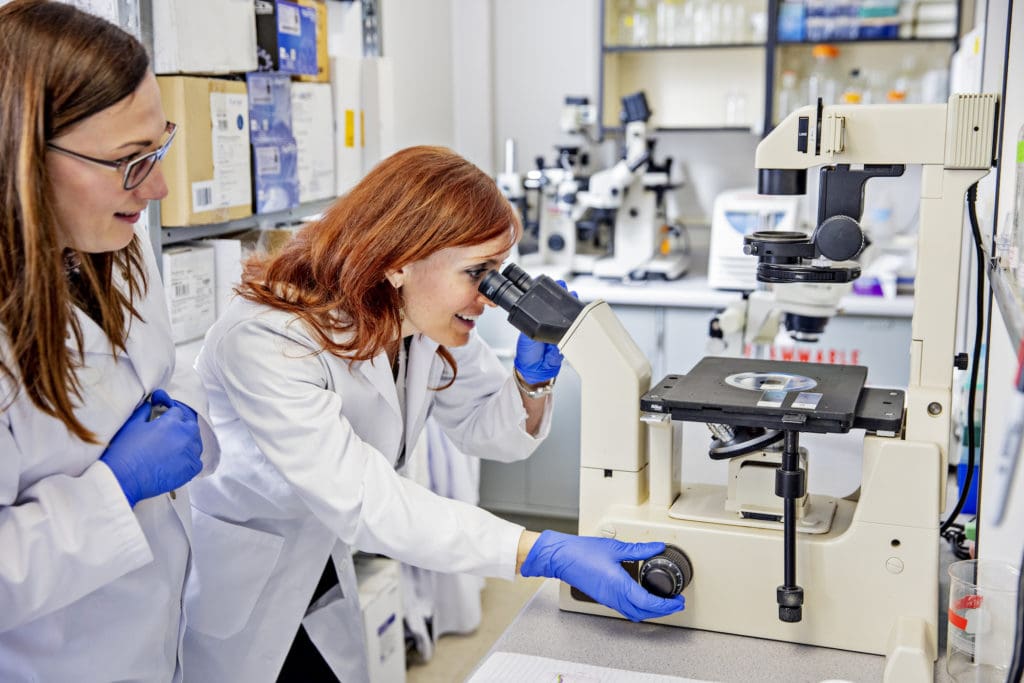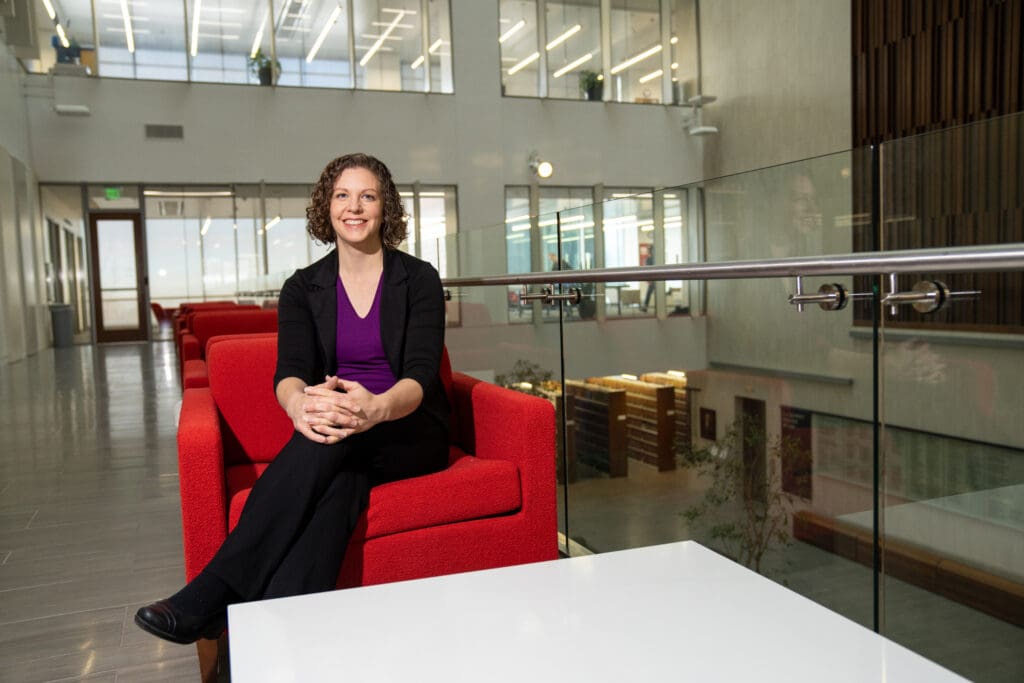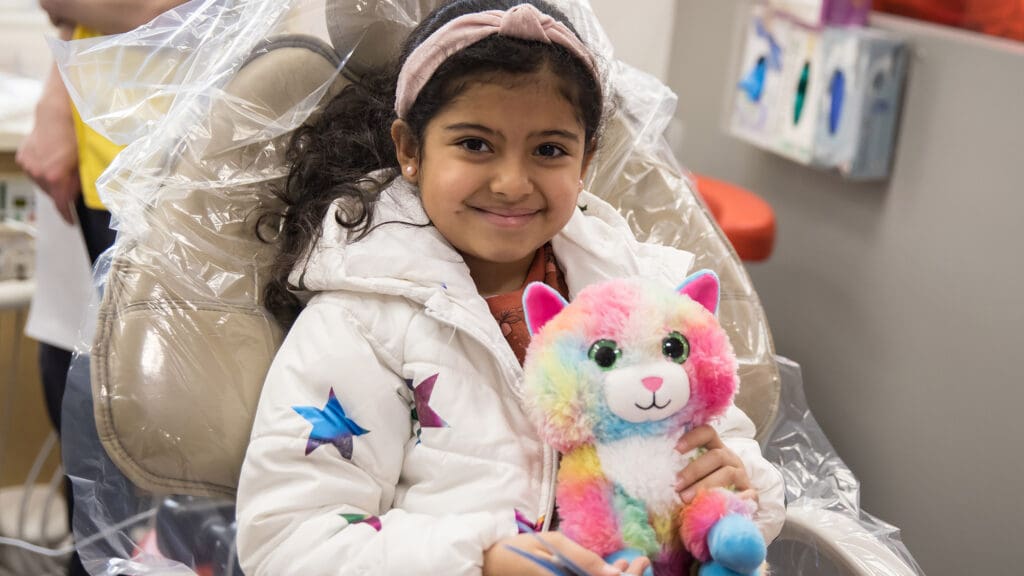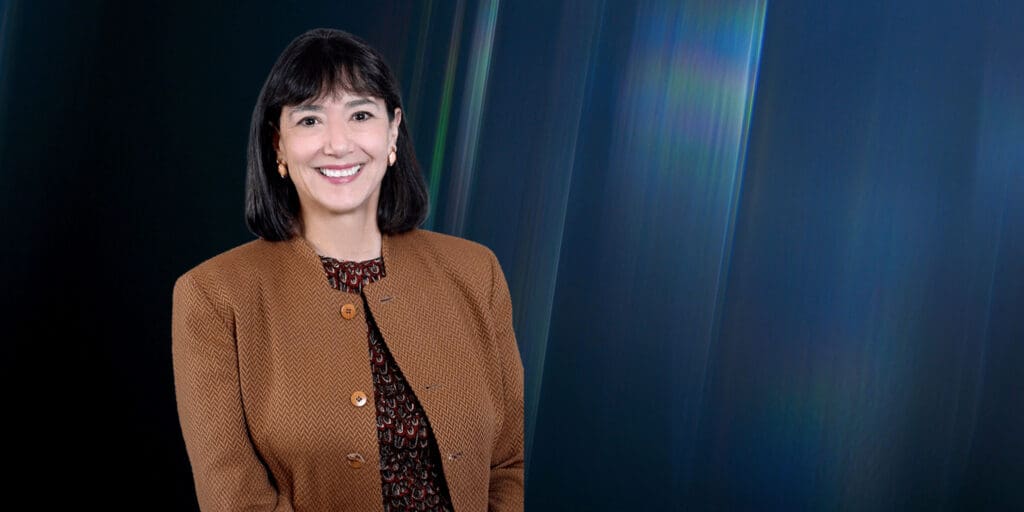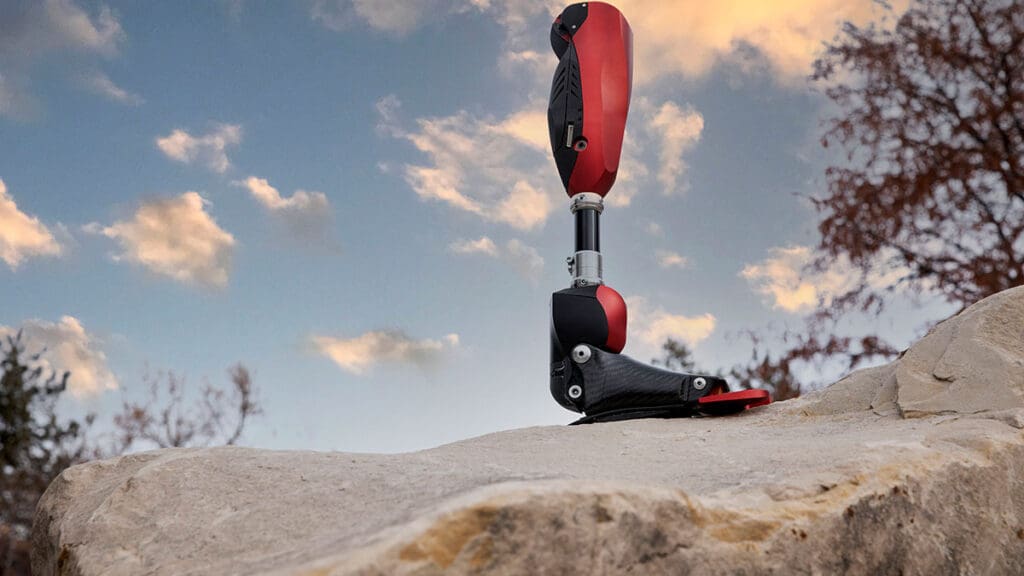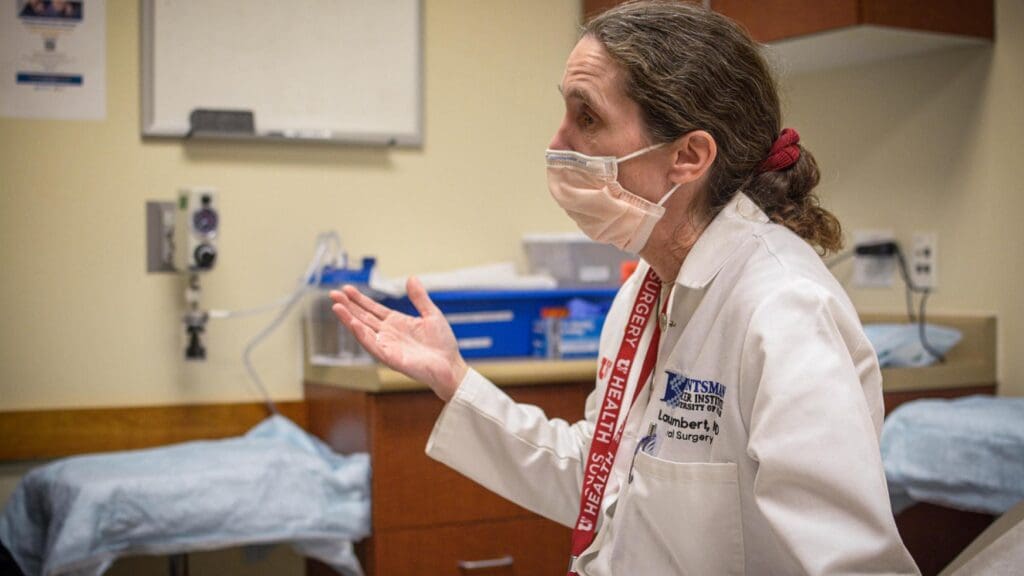January 26, 2024
Sundance film highlights U of U Health program
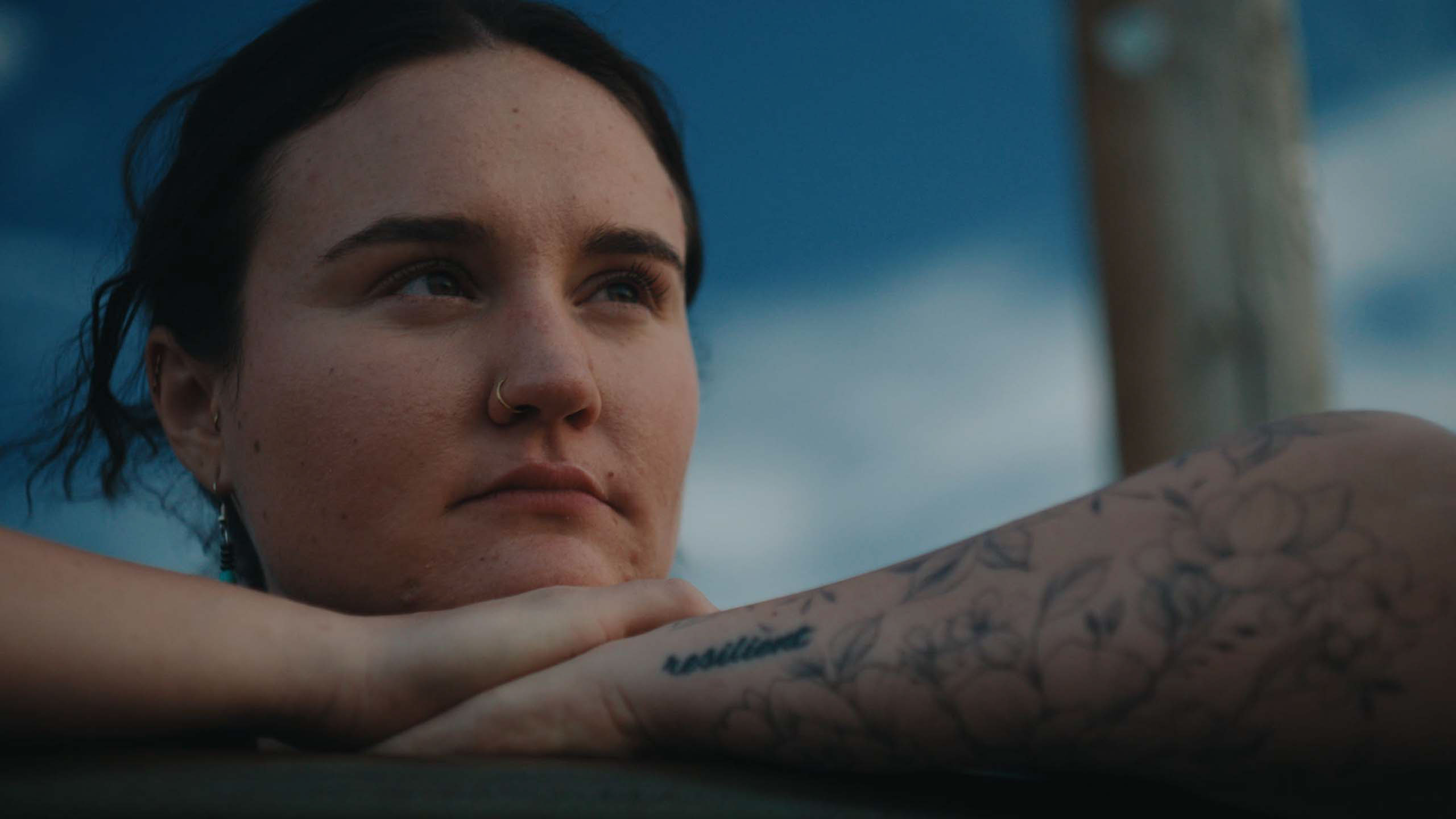
"dêtetsi vo'i oninjakan Winding Path" premieres in the Documentary Short Program of the 2024 Sundance Film Festival.
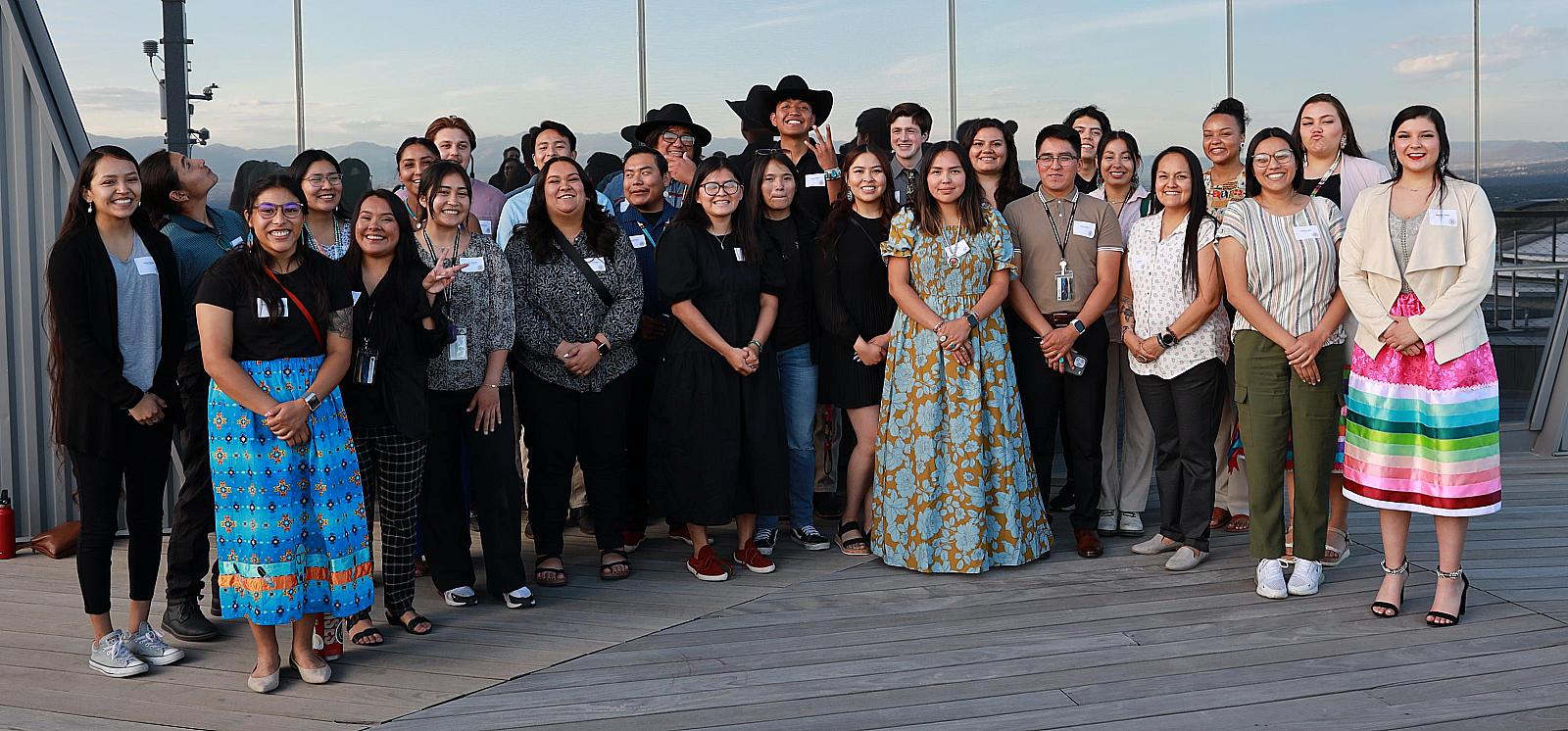
2023 NARI program interns gather for a welcome reception at the Natural History Museum of Utah, adjacent to the Sky Gallery and Native Voices Exhibit celebrating the cultural heritage of Utah's Native population.
The path to becoming a great healer is rarely straightforward. Throughout her childhood, Jenna Murray, an Eastern Shoshone, spent time with her family on the Wind River Reservation. Jenna knows how difficult it is for Native people to get health care. She wanted to create lasting change for her community.
Power of Storytelling
A new documentary film produced by University of Utah Health captures Jenna’s journey to empowerment and reconnection with her roots. dêtetsi vo’i oninjakan Winding Path was created by acclaimed filmmakers Alexandra Lazarowich (Cree), Ross Kaufman, and Robin Honan. This the fourth film in the New Narratives in Health series.
It also has the distinction of being one of just 53 short films selected for the 2024 Sundance Film Festival. In total, more than 12,000 films were submitted.
U of U Health has been the health and wellness sponsor of the Sundance Film Festival for eight years. For four years, the New Narratives in Health series has promoted powerful individual stories and innovations in health care.
These films are possible due to generous contributions from the Kahlert Foundation. They allow us to shed light on ongoing issues, like the health disparities faced by Native communities and our commitment as a health system to solve them.
The added attention from Sundance underscores the importance of our mission to support the growth of Native American students as researchers, medical professionals, and leaders.
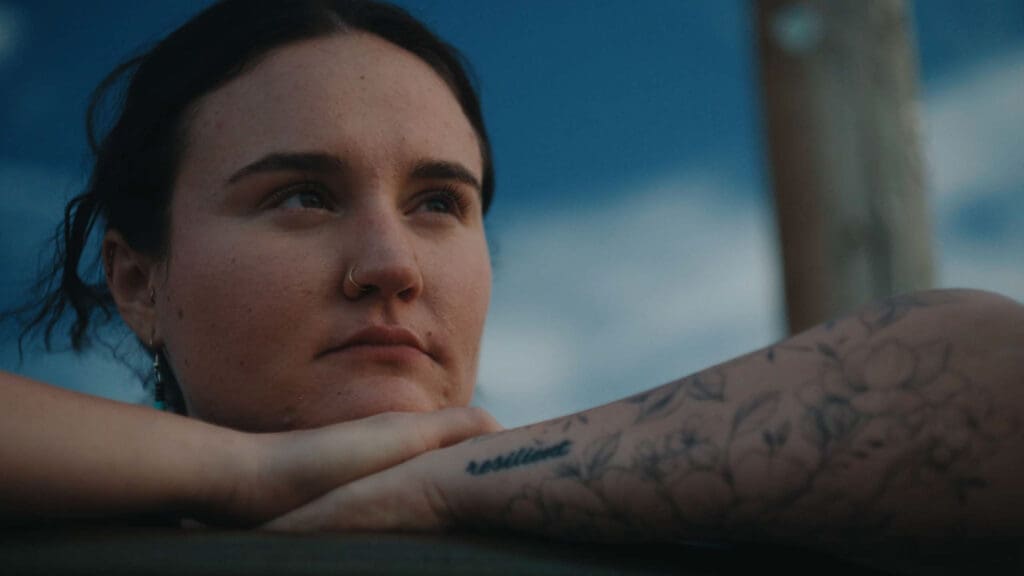
Preventing Health Disparities
Native Americans face the greatest health disparities of any minority group in the United States. During the COVID-19 pandemic, Native populations had higher vaccination rates than other groups. Despite this, they suffered some of the worst death rates.
Cultural and geographical separation often leave Native populations overlooked. This makes it hard, if not impossible, for Native people to receive care for even simple health concerns—let alone major ones.
Health issues like cancer, substance abuse, and diabetes are all too common in native communities. And they often go untreated. Years ago, U of U Health made a promise to tribal leaders to fight health disparities. To uphold this promise, we empower Native people like Jenna to improve health care for their communities.
Empowered to Improve Life in Native Communities
The Native American Research Internship (NARI) at the University of Utah is one of the only Native-focused research internships in the United States. Its goal is to create paths for Native students to pursue careers in biomedical science. We seek out Native voices and support their personal and professional growth.
With so few universities reaching out to them, it’s no surprise that Native students feel disconnected from institutions. But when they are heard and supported, they take initiative to pursue careers in medicine.
Ultimately, we hope that they use what they learn to improve life for people like themselves: as doctors, researchers, and policymakers.
When students participate in NARI, they bring their cultures, stories, and experiences with them. They form a tight-knit community of peers and mentors. Great minds meet, share ideas, and bond. People form lifelong personal and professional relationships.
For Jenna Murray, NARI was pivotal in becoming a physician and researcher. “Everything that I’ve been able to accomplish is because I have so much support,” Jenna says. Supported by a strong community of peers and mentors, she pursued her goal.
Jenna originally participated in NARI in 2015 and 2016. Today, she is in the second year of an MD-PhD program at the Spencer Fox Eccles School of Medicine at the University of Utah. Her research deals with the science of substance use and recovery. She hopes to use her work to improve life in Native communities.
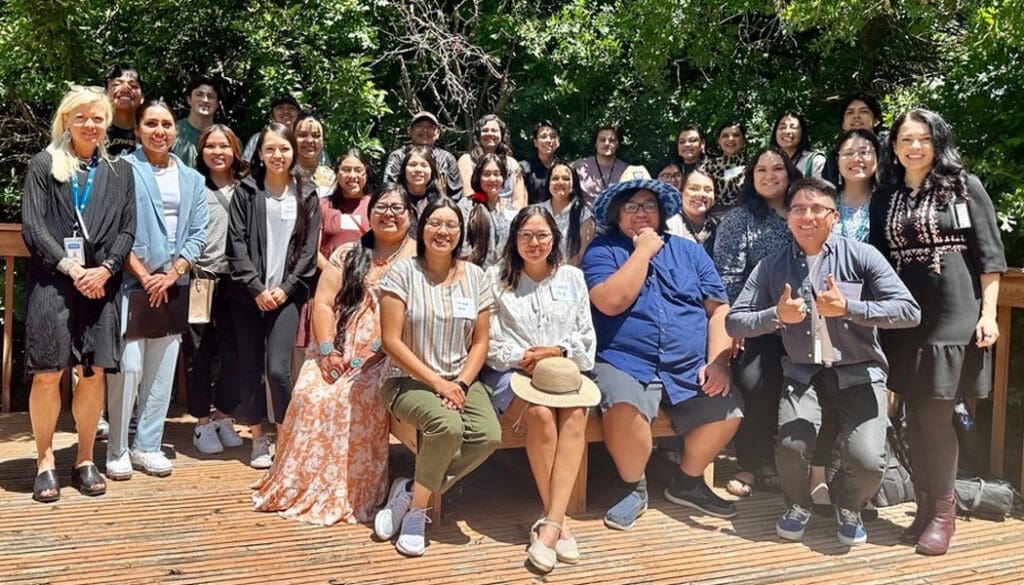
Desire to Give Back
A crucial aspect of NARI is mentorship. Our research mentors generously volunteer countless hours of their time to students. They guide students, sharing their research and resources to help them grow.
We’re impressed by the number of faculty across U of U Health who want to give their time to mentoring NARI interns. The desire to do good is infectious.
NARI administrators also act as mentors. Every NARI program coordinator has been Native, and every one has been a graduate of the program. There is a real sense of community here, and we try to reflect that in every aspect of what we do.
Broader Reach, Greater Impact
dêtetsi vo’i oninjakan Winding Path gave Jenna an opportunity to speak out about her own challenges. These issues are not unique to her. They are experienced by Native people everywhere. It matters to us that they have the chance to share their stories. And in turn, their stories will make a huge difference to the future of health care for Native people.
NARI receives funding from the National Institutes of Health. Maintaining these grants takes a tremendous amount work. The effort to keep this program running is nonstop. Seeing Jenna’s story spotlighted at Sundance Film Festival is a heartfelt reminder that our work is important. We’re thankful for the university’s support and excited to share our mission with the world.
Maija Holsti, MD, MPH
Maija Holsti is a professor of pediatrics and an endowed chair of pediatric emergency medicine. Holsti has been the director of the Research Education Office (REO) since it was formed in 2010 for the Department of Pediatrics. The REO houses the Native American Summer Research Internship (NARI) and the Native American Community Health Internship (NACHI) programs. Holsti is the principal investigator for three NIH grants that support the NARI Program and co-investigator for the NIH grant that supports the Genomics Summer Research for Minorities Program. She received an MD and MPH in maternal and child health and completed residency at the University of North Carolina-Chapel Hill, followed by a fellowship in pediatric emergency medicine at Primary Children’s Hospital.
Wallita Ranger, BS
Wallita Ranger is Program Coordinator for the Native American Summer Research Internship (NARI) and the Native American Community Health Internship (NACHI). She is a member of the Navajo Nation and is from Monument Valley, UT. She obtained a Bachelor of Science of Biology from Southern Utah University and has had experience in various health care fields since. As a program coordinator, she plans, organizes, recruits, and all aspects of the NARI program.
